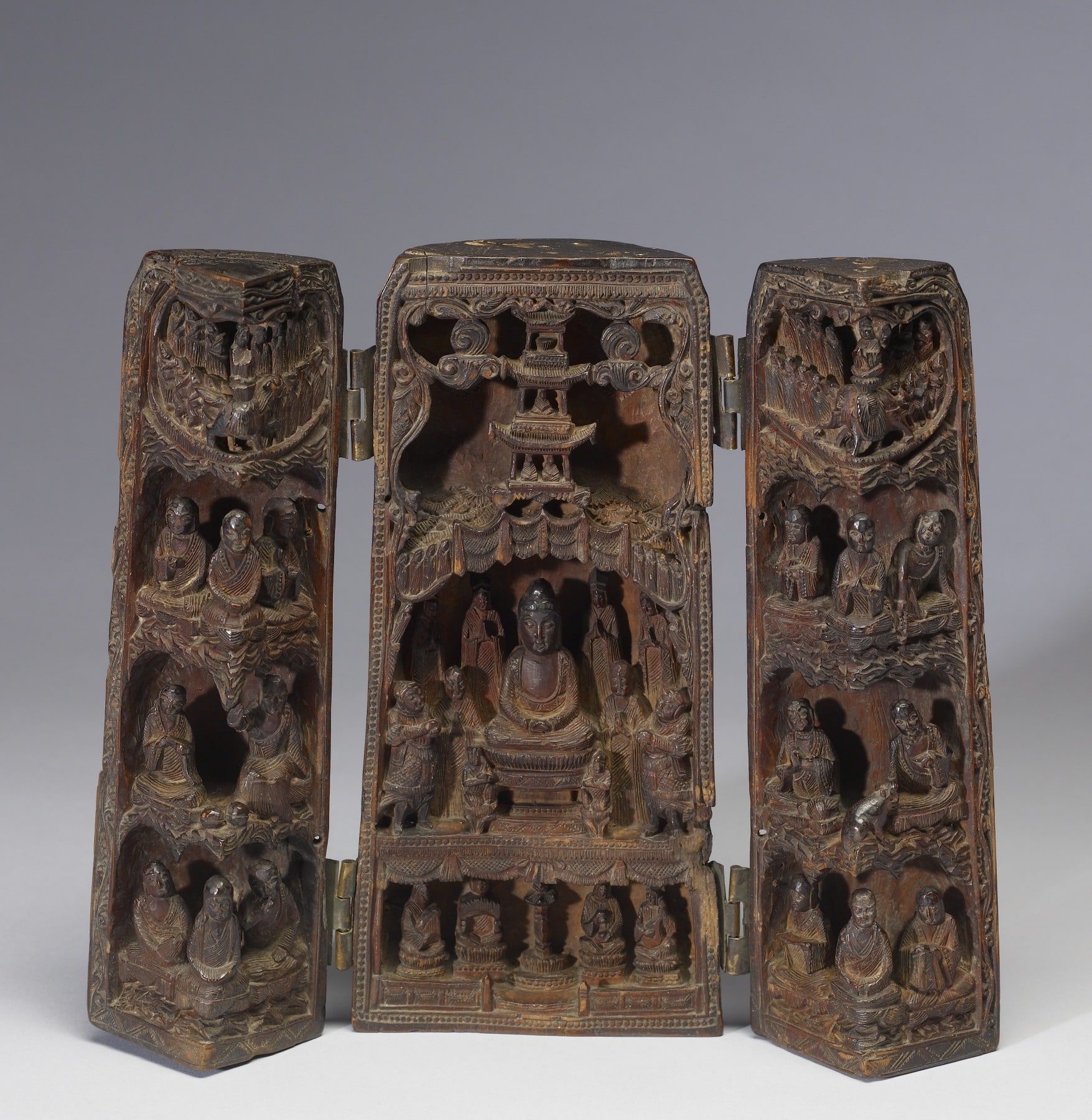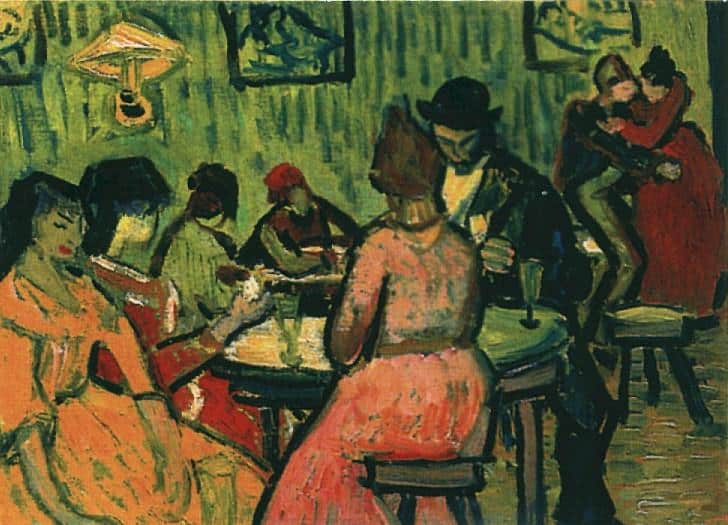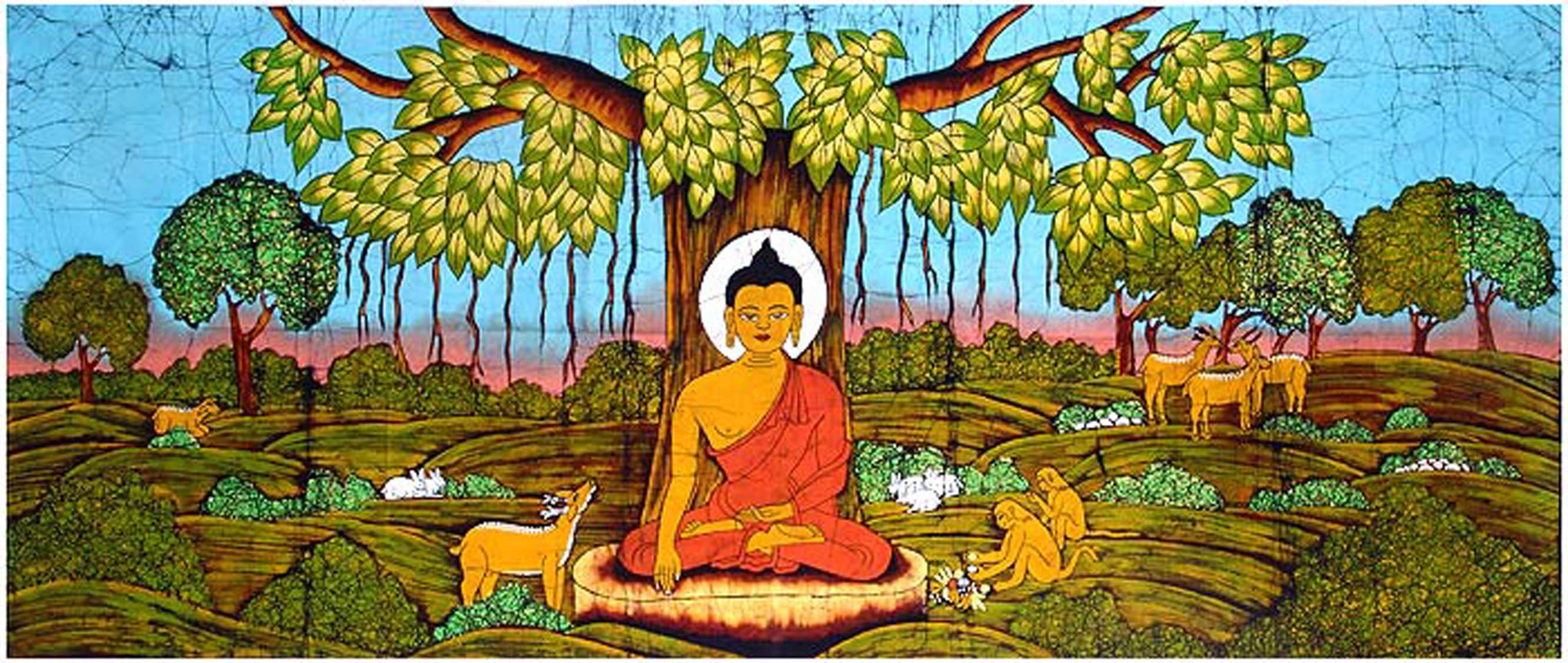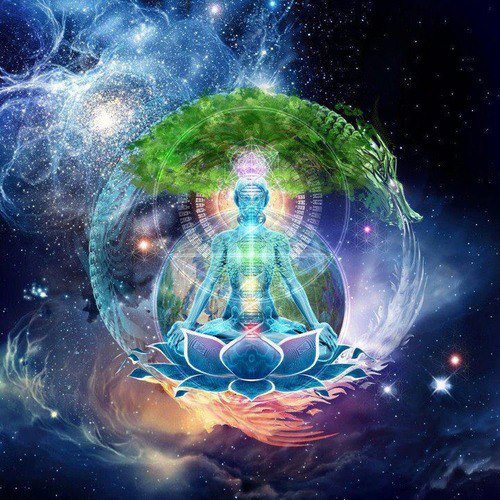Upaya | उपाय
Upaya is a term that is used in Mahayana Buddhism as a reference to a method of teaching liberation through conscious and voluntary action without reasoning the direction. In other words, they are short cuts that are created for students to expedite them along the path to enlightenment. It is essentially adaptations of certain teachings … Read more




